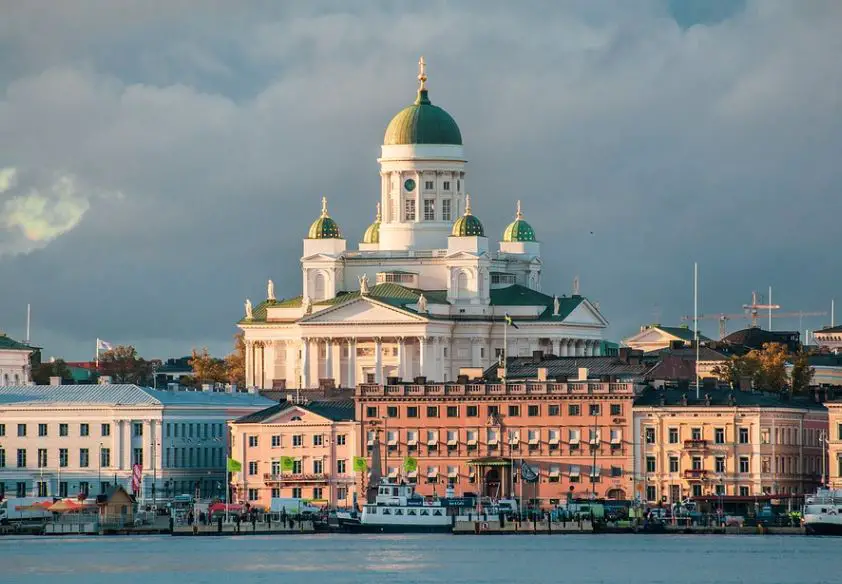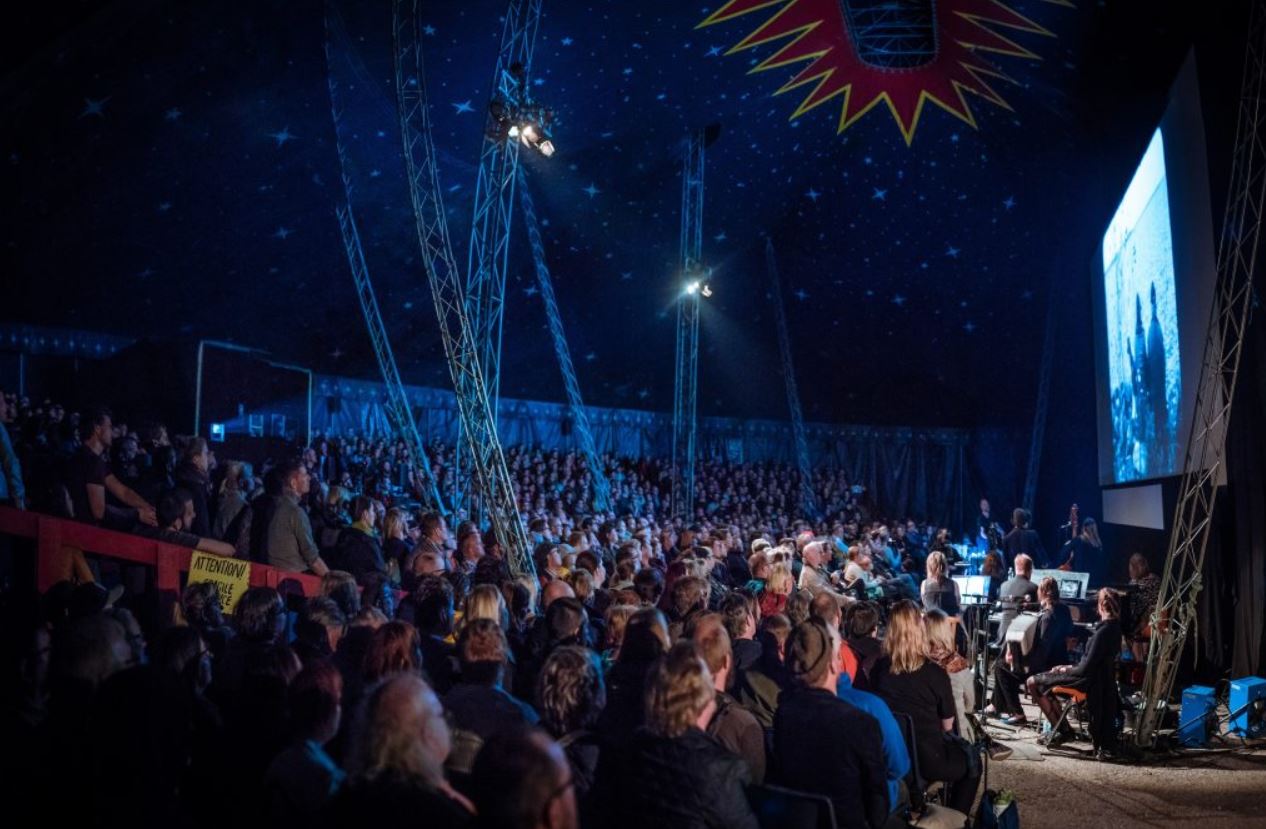What is the significance of Finnish folklore and mythology, and where can I learn about it?
Post ByAdequate Travel
Summary
Finnish folklore and mythology is an ancient, intriguing tradition that has been passed down since time immemorial. It is an important aspect of Finnish culture and holds many symbolic connections with its people, their history, and the world around them. In this blog post, we will explore the significance of Finnish folklore and mythology, as well as provide resources for where you can further acquaint yourself with this unique mythology. Travellers can find valuable travel information for tourists, such as local customs, must-see attractions, and dining recommendations, to make the most of their trip.Significance of Finnish Folklore and Mythology:
1. Cultural Identity: Finnish folklore and mythology play a crucial role in shaping the cultural identity of the Finnish people. These stories, traditions, and beliefs have been passed down through generations, serving as a vital part of their heritage.
2. Connection to Nature: Finnish folklore often revolves around nature and the spirits inhabiting the surroundings. It reflects the deep connection between the Finnish people and the natural environment, emphasizing their respect and understanding of the world they live in.
3. Symbolic Meanings: Folklore and mythology provide symbolic meanings for various aspects of life, such as fertility, life cycles, seasons, and human behavior. They offer insights into the moral values, societal norms, and traditional practices of the Finnish people.
4. Inspiration for Artistic Expression: Finnish folklore and mythology have inspired numerous literary works, visual arts, music, and performances. These tales and legends have fueled creativity and sparked imagination, contributing to Finland's vibrant cultural and artistic scene.
Places to Learn About Finnish Folklore and Mythology:
1. Kalevala: "Kalevala" is an epic poem compiled by Elias Lönnrot, which is considered the national epic of Finland. It consists of ancient folklore and mythology, offering a comprehensive understanding of Finnish traditional tales and beliefs.
2. Museums and Cultural Centers: Various museums and cultural centers in Finland showcase exhibits dedicated to Finnish folklore and mythology. One example is the Finnish National Museum in Helsinki, which houses artifacts, displays, and information related to Finnish cultural heritage.
3. Folklore Societies and Organizations: There are several folklore societies and organizations in Finland that actively work towards preserving and promoting Finnish traditions. These societies often offer resources, publications, and events related to Finnish folklore and mythology.
4. Online Resources: The internet provides access to a wealth of information on Finnish folklore and mythology. Websites, online archives, and digital libraries offer a vast collection of folktales, legends, and research materials for those interested in learning about this subject.
5. Folk Festivals and Events: Attending folk festivals and events in Finland allows for an immersive experience into the country's folklore and mythology. These celebrations often include performances, storytelling, music, and traditional crafts, providing a firsthand encounter with Finnish cultural heritage.
It's essential to stay updated with international travel information, especially when planning a foreign trip, to navigate any changes in travel advisory or travel warnings.Suggested Questions
- Kurikka Old Church, Kurikka: Horror Story, History & Paranomial Activities
- Kitee Church, Kitee: Horror Story, History & Paranomial Activities
- Vöyri Old Church, Vöyri: Horror Story, History & Paranomial Activities
- Maalahti Church, Maalahti: Horror Story, History & Paranomial Activities
- Suomussalmi Old Church, Suomussalmi: Horror Story, History & Paranomial Activities
- Parikkala Old Rectory, Parikkala: Horror Story, History & Paranomial Activities










